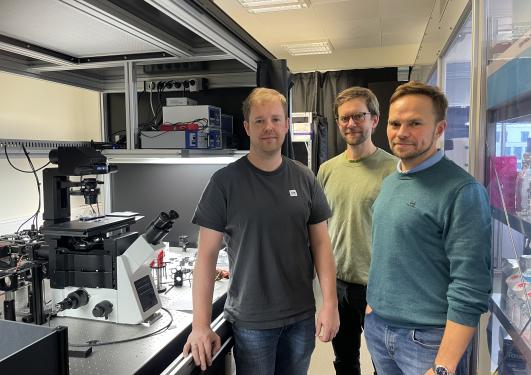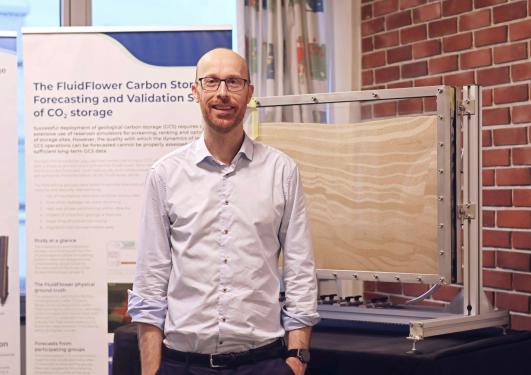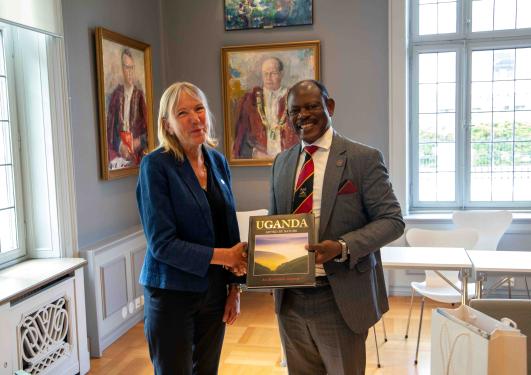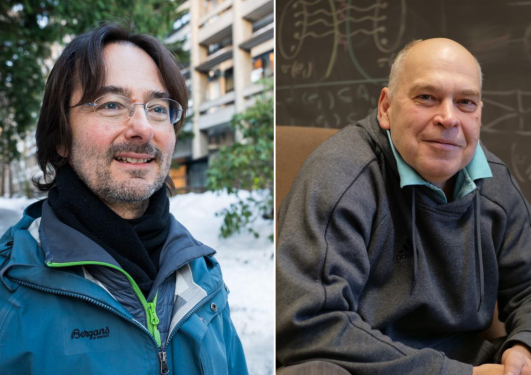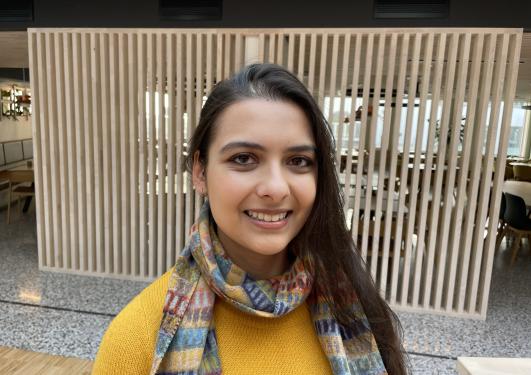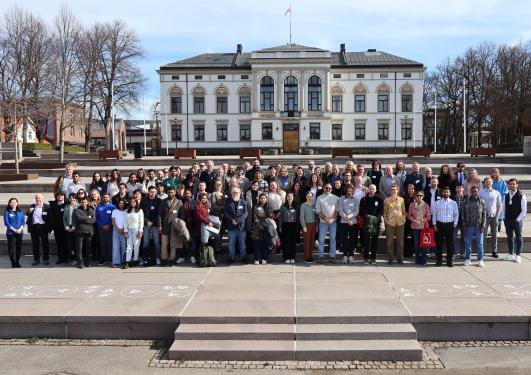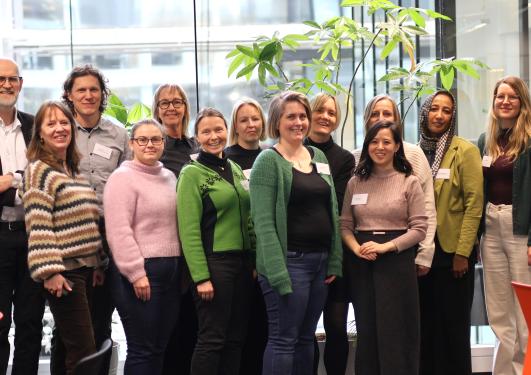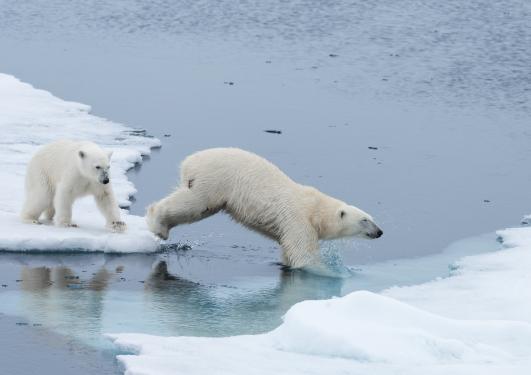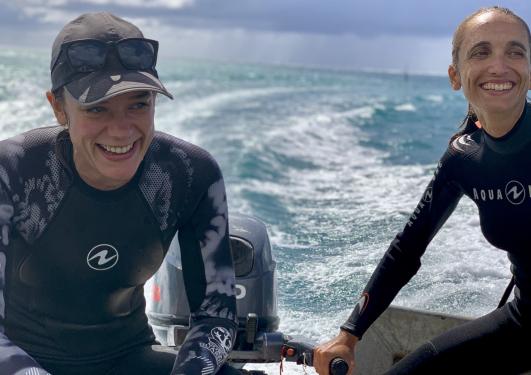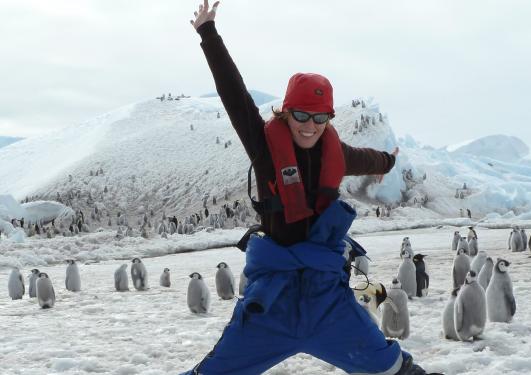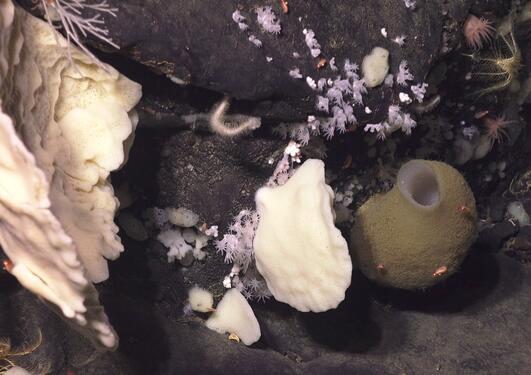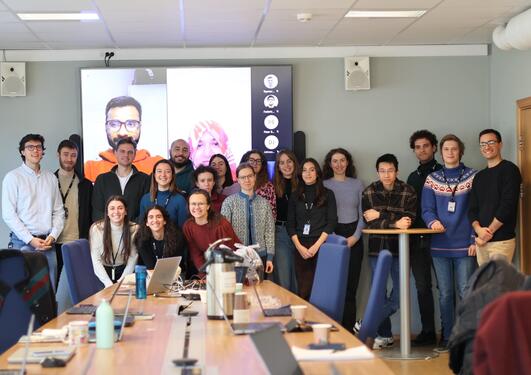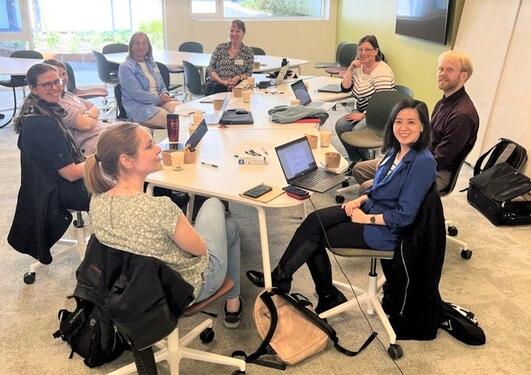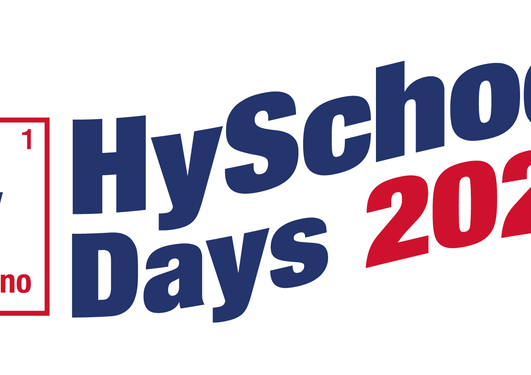News archive for Department of Physics and Technology
Imagine a blood test that works like a car’s dashboard, warning you before cancer develops. Researchers in Bergen are using quantum physics and diamonds to make that possible.
We are pleased to share that Professor Martin Fernø will join the UNESCO Chair in Green Transition for Carbon Neutrality and Climate Change.
The two new projects will strengthen a global network for sustainable energy storage and Norwegian-Ugandan cooperation on global health. The partnerships will provide new initiatives and opportunities for international collaboration for students and staff at UiB, as well as for the partners.
Professors Martino Marisaldi and Fedor Fomin receive EU support for groundbreaking projects in algorithm theory and space physics. The grants will allow them to explore fundamental questions in their fields of research.
PhD candidate Sejal Pramlall is one of five young ocean researchers to be given the French Institute Nordic Award (FINA). The award will fund her participation at the third UN Ocean Conference in Nice in France in June.
HySchool Days are the annual networking events organized by HySchool – the Norwegian Research School on Hydrogen and Hydrogen-Based Fuels. HySchool Days 2025 was held in Porsgrunn, bringing together over 100 participants from industry, academia and research institutes.
Thursday and Friday last week was the annual gathering of national research schools. This year it was organized in Bergen by the research schools HySchool, BSRS, NORBARN, and INRESCOS.
Rogue or freak waves (monster waves) are exceptionally large waves that can suddenly loom into existence, seemingly from nowhere. Are these waves truly different from ordinary storm waves, or are they just what you should expect to see if you wait long enough?
A brilliant idea led nanophysicist Bodil Holst to investigate why polar bear fur doesn't freeze. Now, her research on the deicing properties of polar bear fur has been published as the cover story in Science Advances.
This is the web page for HySchool Days 2025, the premier networking event organised by HySchool ‒ Norwegian Research School on Hydrogen and Hydrogen-Based Fuels. USN hosted HySchool Days 2025 in Porsgrunn, on 1-2 April 2025.
Coral reefs produce a lot of oxygen during the day (thanks to photosynthesis), but at night the oxygen levels decrease. Can this threaten fishes at the reef, or do they have strategies to survive? To find out we spent six months of fieldwork and experiments on the island of Moorea in French Polynesia.
Starting October 1, the new name will be the Faculty of Science and Technology. We will certainly celebrate this!
The Antarctic ice shelves – the floating glaciers surrounding most of the continent – are melting from below as oceanic currents bring warm water into the cavity. But how and how fast is the ice melting? In this Ocean Science Bar, you will learn why Antarctic ice shelves matter, about what happens below them, and about what it’s like to do fieldwork ”down south”.
Light is probably the most varying environmental variable in pelagic ecosystems, and the most ignored in ecological studies. In this Ocean Science Bar, you will learn how light structures the distribution of zooplankton and fish.
Deep sea research is a gateway to unlocking mysteries both within our planet and beyond, offering insights that can have profound implications for science, industry, and our understanding of life in the universe.
Last Wednesday marked the conclusion of the first subject offered by the course portfolio of HySchool, PK8452 - Hydrogen Energy Technology at NTNU. The course enrolled 22 PhD students from 6 universities, each specialising in various facets of the hydrogen value chain.
On Friday 2 June 2023, HySchool co-hosted the annual seminar for the national Forum for Research School Administrators in Bergen, together with the research schools NutriNOR and NSRGH (both from the University of Bergen). The seminar brought together administrative coordinators from research schools across the country.
This is the web page for HySchool Days 2024, the premier networking event organised by HySchool ‒ Norwegian Research School on Hydrogen and Hydrogen-Based Fuels. NTNU hosted HySchool Days 2024 in Trondheim, on 23-24 April 2024.
Pages
- December 2025 (1)
- October 2025 (1)
- September 2025 (1)
- June 2025 (1)
- April 2025 (2)
- February 2025 (2)
- January 2025 (1)
- November 2024 (1)
- October 2024 (1)
- September 2024 (2)
- August 2024 (1)
- April 2024 (1)
- November 2023 (1)
- June 2023 (1)
- March 2023 (2)
- January 2023 (1)
- November 2022 (3)
- July 2022 (1)
- April 2022 (1)
- January 2022 (1)
- April 2021 (1)
- February 2021 (1)
- June 2020 (1)
- January 2020 (1)
- October 2019 (1)
- February 2019 (1)
- January 2019 (2)
- September 2018 (1)
- October 2017 (1)
- June 2017 (1)
- February 2014 (2)
- January 2011 (1)
